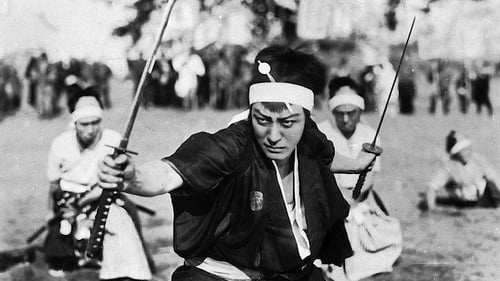Komako Hara
Birth : 1910-02-06, Kanagawa Prefecture, Japan
Death : 1968-12-28
History
Born in Kanagawa Prefecture, Hara made her motion picture debut in 1924 in the film Rakujitsu no yume.[1] At studios such as Tōa Kinema and Makino Talkie, she achieved fame specializing in starring roles playing vamps, dokufu (poison women), and yakuza molls in jidaigeki.[1] In the sound era, she shifted to secondary roles in films by directors such as Kenji Mizoguchi, Masahiro Makino, and Keigo Kimura. She appeared in over 200 films in her career.




